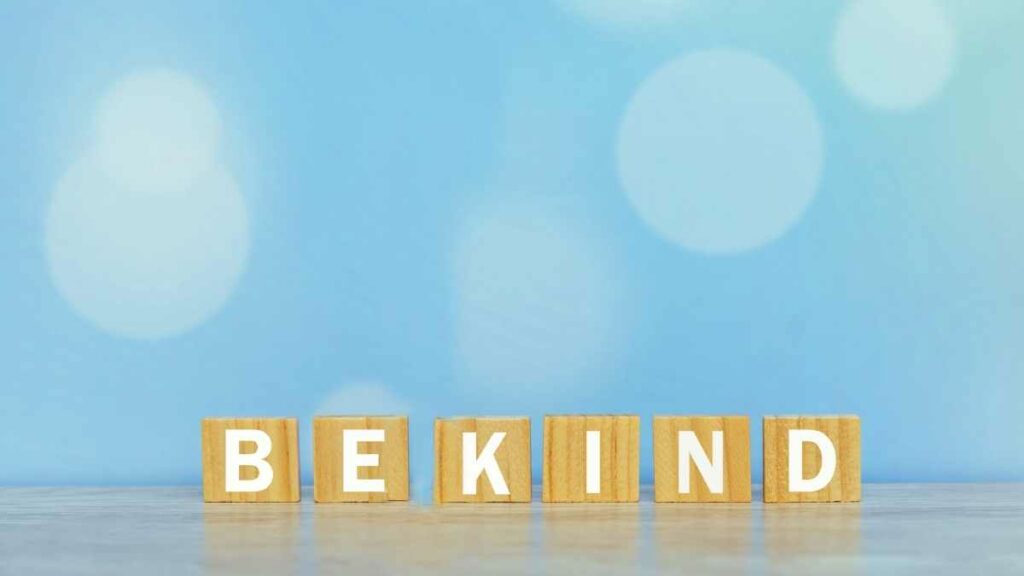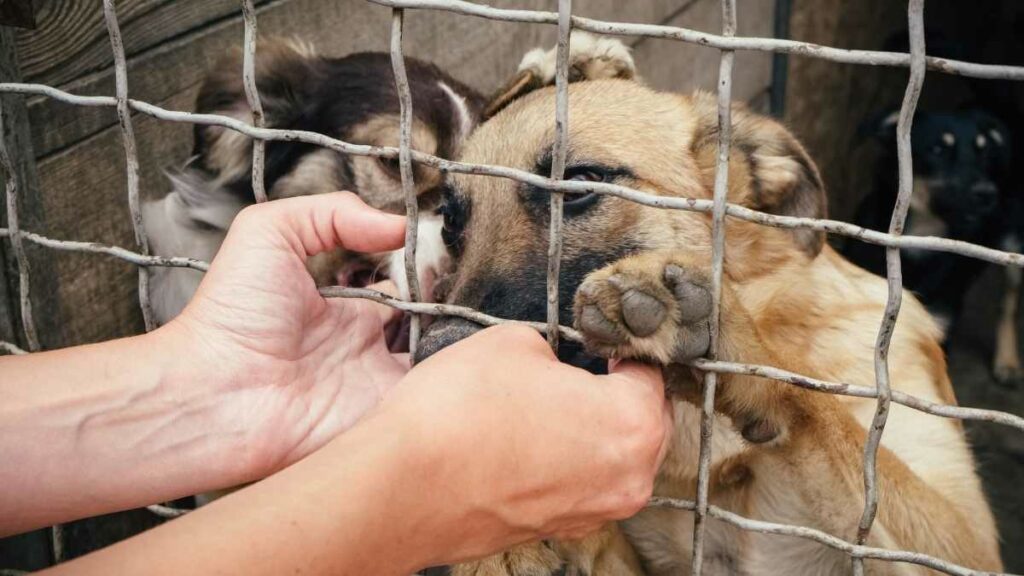The world would be a better place if acts of kindness were regular.
From everyone, not just kids!
While I don’t like referring to it as a skill, kindness for kids is a vital ‘skill’ to learn when growing up. It will help your child learn empathy.
Let’s look at random acts of kindness that you can do immediately.
5 Random Act Of Kindness Ideas To Implement With Your Kids

Growing a ‘giving garden.’
Growing a garden with your child helps them get a green thumb and teaches them a valuable life skill, but you can also use it to teach the joys of sharing and giving.
To do this, plant the garden and start assigning chores for your child to help maintain it.
This can include things like pulling weeds, watering, and the eventual harvest. You also want to select vegetables that will be ready around the same time. For instance, some good fall harvest vegetables might include the following:
- Lettuce
- Beans
- Radishes
- Cabbage
- Cauliflower
Get some cheap wicker baskets at your local dollar store or craft supply. When the veggies are ready to harvest, pick and clean the veggies and together, you can make vegetable gift baskets to give to friends or family, each with a personal note from your child.
This can help to teach them about giving and the differences between simply giving a gift and giving a gift that you’ve worked hard on and put your heart into making.
Writing up non-holiday thank-you notes.

Teaching your child not only to appreciate others but to do so in a tangible way is a good lesson, and there’s an easy way to go about it.
Get a few craft items, such as construction paper, poster board, markers, and a little glue, and have a craft session with your child where you help them make thank-you letters for people they appreciate.
This can be just about anyone. You could make a thank-you card for gramma or one for the postman for faithfully bringing the mail daily.
Maybe the neighbor lets your child play with their dog, which is a good opportunity for a thank-you note.
If you aren’t sure who should get a note, then you might ask once a day for a week, ‘did anyone do something nice for you that made you happy?’ and keep track of the answers so that you can make thank you notes and crafts on the weekend.
Learning to appreciate the people around us encourages community and helps to ensure that we know that we are never truly alone.
Thank-you notes are a simple way to plant the seed of this lesson, and they can last a lifetime.
Volunteering at a local animal shelter

Kids don’t always know how to act around animals.
Some children are even a little fearful of them, which can come out in bad ways, with frightened children running them off or even throwing things – not to hurt the animal, but to get them away.
Volunteering together at a local animal shelter can teach your child to be kind not just to people but to animals, too.
Many shelters will allow kids to help clean and feed the more docile animals present, and when they learn the simple joys of helping out our furry friends, this is a lesson that will often stick with them.
For children who are afraid of animals, it can teach them further benefits of kindness and help them to understand animals a little more.
With understanding, there’s no fear, but even if your child isn’t scared of them, they can still learn a lot with this simple and selfless act of kindness.
Pack extra goodies for trips to the park to encourage sharing
An easy way to teach the joys of sharing is to pack some extra snacks and drinks every time you go to the park. Tell your child that you’ve brought some goods to share and that they can offer to share these snacks and drinks with the friends that they meet.
Not only will your child make some new friends, but they will also learn very quickly that sharing is not only appreciated, but it makes you feel warm and fuzzy inside.
The compliment of the day

To help to teach your child to show appreciation, start asking daily at the dinner table if someone did something nice for your child that made them happy or if one of their friends did something cool or complex, such as winning a race or doing a special project for the science fair.
Next, ask your child if they said anything in response to this.
More often than not, kids don’t know what to say, and they tend to stay silent, so encourage your child to say something nice about someone once a day when they see another person trying to do something or something kind.
After this, get into the habit of asking your child every day at dinner if they complimented someone and, if so, why they did do it and what did they say.
This helps to encourage the habit of giving compliments, and you can also teach them when this is appropriate and what to say.
This teaches essential lessons in socialization, and it also gets your child in the habit of encouraging and praising others, which is a skill that will take them far in life.
Conclusion
As I said at the beginning, random acts of kindness are essential for kids. You will raise your child to be a more giving, understanding person.
You shouldn’t stop with these five things, either. You should ensure that your child shows kindness by implementing little things, like:
- Hold the door open for people
- Always say please and thank you
- Say hello when people say hello, and smile too
- Help family members with chores and other tasks
If you regularly show kindness to people (strangers, an elderly neighbor), your child will learn this behavior as they grow.
Good luck!





